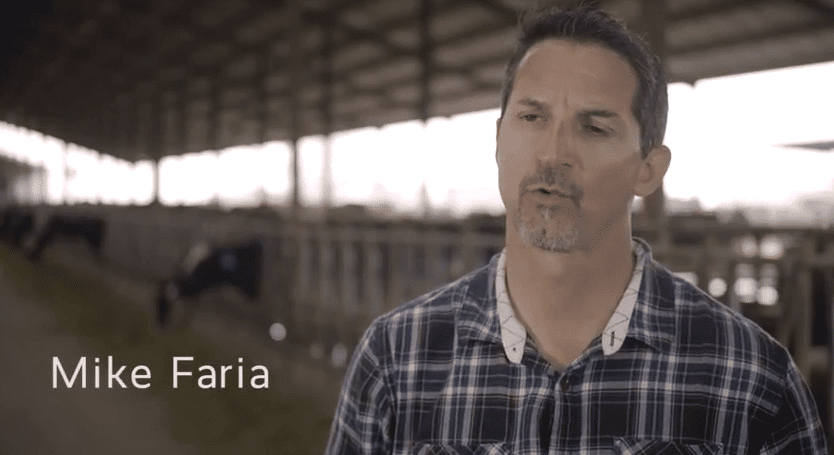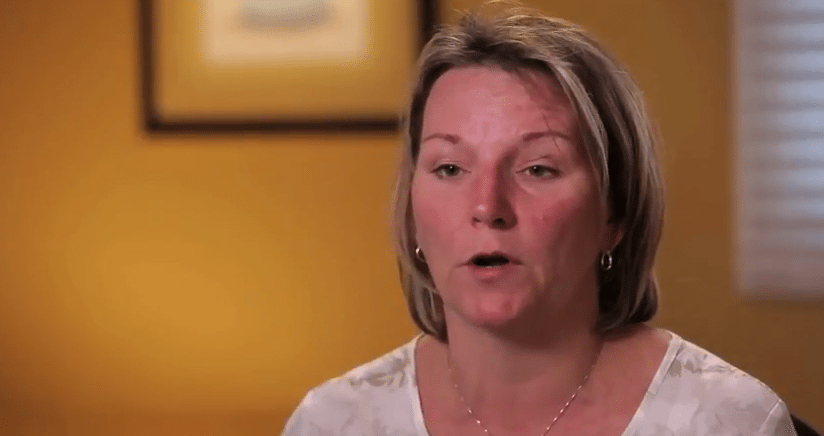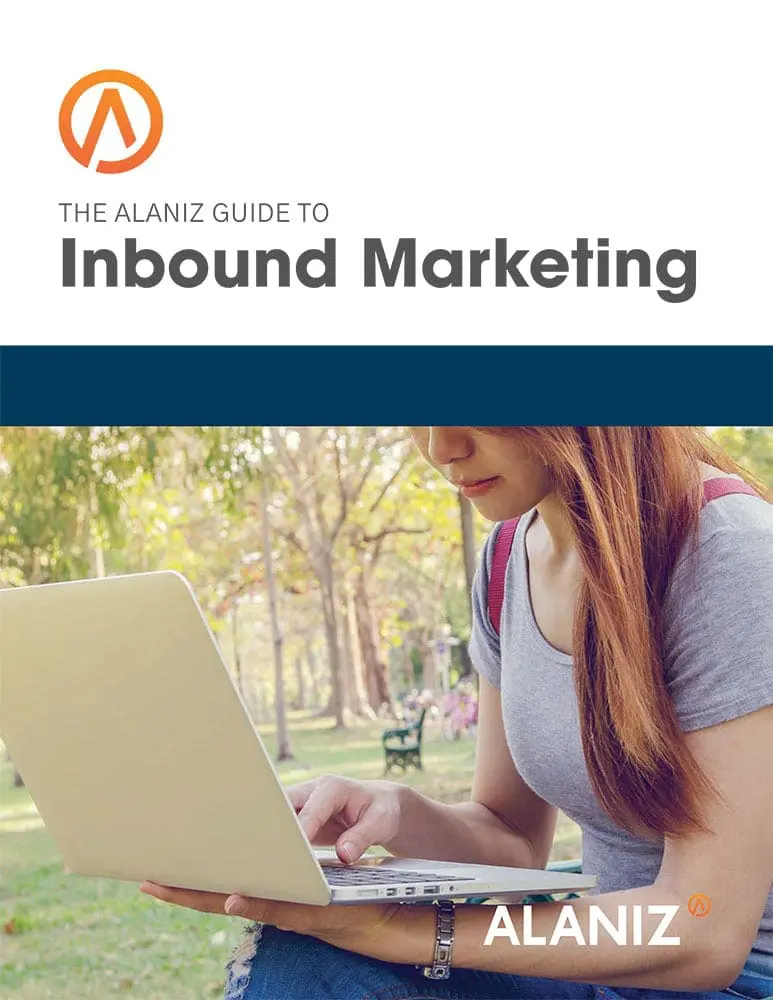According to a survey by Nielsen, “word-of-mouth” is the most trusted source of marketing with 84 percent of buyers saying that’s what they trust most.
This is nothing new. People have trusted recommendations from friends, family, and neighbors for generations. Why? Because we trust that the source is trying to help us, not sell us something. Here’s an article that explains why truth is the best content marketing.
Video is the Most Impactful Testimonial
Reviews, social media, and testimonials are the digital version of word-of-mouth referrals from what we hope are neutral third-party product users. The referrals don’t have to come from people a buyer knows. According to BrightLocal, 88 percent of people trust online reviews and testimonials from unknown consumers as much as they trust recommendations from personal contacts.
Video is one of the most powerful testimonial tools, because it allows you to see and feel the authenticity of the referral. Writing in Forbes, Ryan Klein of Market My Market say a video testimonial is “more impactful than anything written by your company or any commercial you may have produced in the past.” This is because, “It shows your company’s capacity to benefit the lives of people just like your prospective clients: It is genuine, heartfelt, and evocative.”
Video content is also the most likely to be shared, getting word about your customer’s satisfaction to more people. According to HubSpot, video is 40x more likely to get shared than any other form of content.
Key Questions to Ask
A successful video testimonial starts by asking the right questions. The most important question to address in a testimonial video is not about the product, but about the value that the product delivers to the users.
“Nobody cares about the features of your product,” according to the video experts at Vidyard, “What really captures viewers are the benefits you provide to customers and the problems you so smoothly solve. So instead of focusing a customer testimonial on “automation” think of “time saved”, instead of “web-based” think “easy access”. Think benefits all the time.”
Questions About the Experience
Great video testimonials are made by asking questions of customers that deliver more than information. They deliver the experience the customer has had from the company. This means asking questions about their experience with the company, not just the product. To that end, questions to ask in a video testimonial include:
- How did you discover the company–what problem were you looking to solve?
- What made you choose this company?
- What have been the greatest benefits you’ve received from the company?
- How has the company and its products helped you reach your goals–financial, cultural, even personal goals?
- What was it like to work with the company?
- What is an example of how the company went “the extra mile” to serve you?
- Why would you recommend the company to someone else?
- If someone called you and said “Why should I do business with XYZ company”, what would you tell them?
- What has the post-sales/implementation relationship been like?
- How is the company aligned with the values that drive your business?
Check out this video from a dairy owner about his solar energy system for the solar company that built the system.
Note that the dairy owner doesn’t talk at all about the technical aspects or performance aspects of his solar energy system. He talks about how much it has improved his businesses economic sustainability. The solar company is mentioned as a partner in helping the owner reach his financial goals.
Next look at this video for a restaurant management software company.

This video features restaurant managers explaining the exact benefits the software delivers, talking about how much money they save, how much more efficient they have become, and how they recommend the software to their colleagues in the industry. They also talk about the responsiveness and excellent service that the company delivers. Again, you hear little mention of the actual features of the software itself.
What Not to Ask
People can tell when a testimonial is forced, especially on video. Don’t ask people to repeat information that is in your product literature or on your website, or how superior your product is to others on the market. That will sound forced. In fact, most video experts recommend abandoning a script to let you video be as genuine and natural as possible. Remember, you’re trying to build trust in your company, not a specific product, as a go-to resource that businesses can rely one.
Want to get started with video? Check out this article on how to quickly turn blog posts into videos with Lumen 5; or this one on how to create great animated videos fast with Powtoons.





